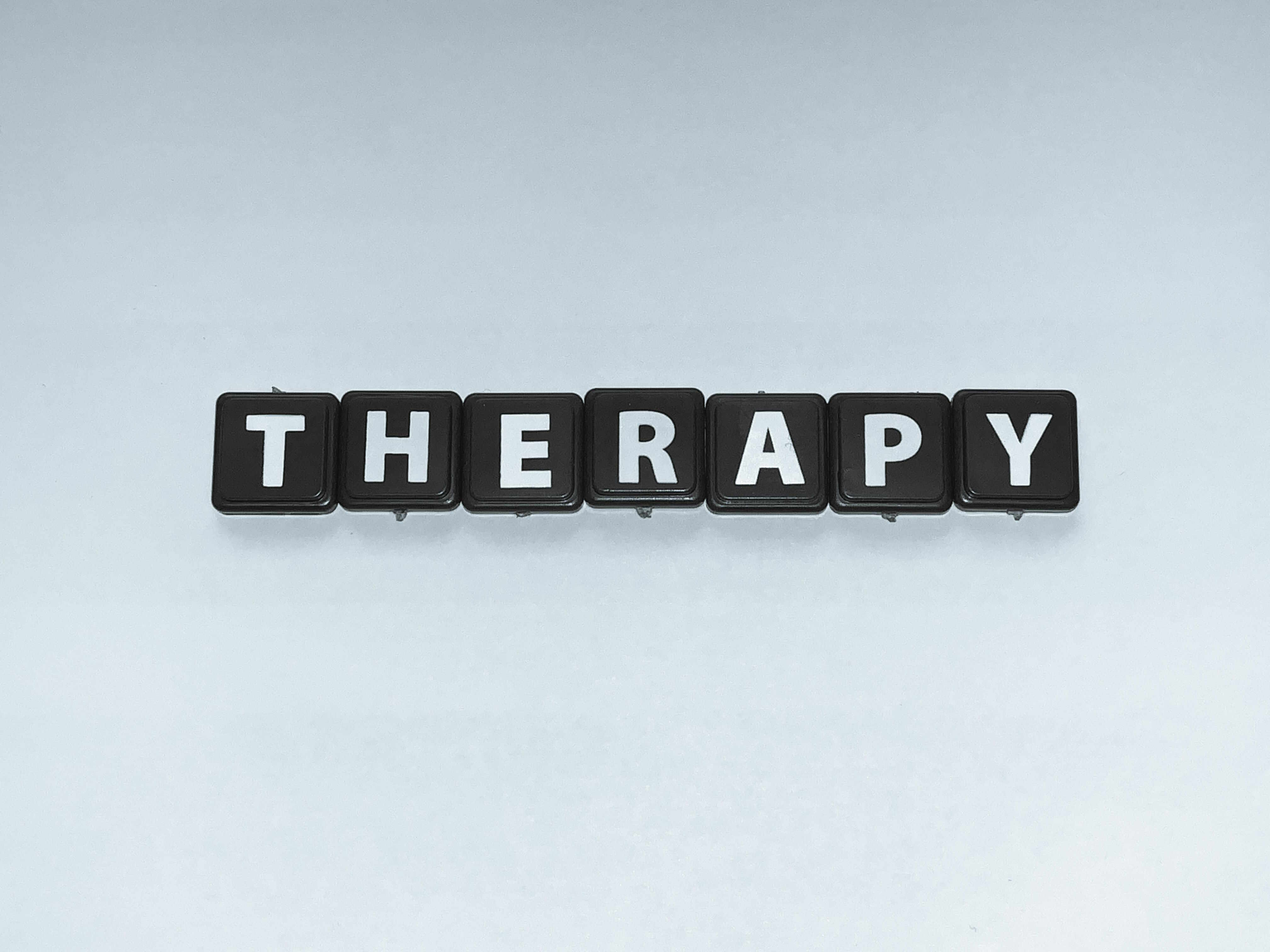Gain Clarity on Mood Shifts: Take the Depression Test for Deeper Understanding
Understanding mood shifts is essential for maintaining mental well-being, and taking a depression test can provide valuable insights into your emotional health. This simple step helps clarify the underlying factors contributing to your feelings, allowing you to take proactive measures toward improvement.

What is a depression test and how does it work?
A depression test is a screening tool designed to assess an individual’s mental state and identify potential signs of depression. These tests typically consist of a series of questions that evaluate various aspects of your mood, behavior, and thought patterns. By answering these questions honestly, you provide a snapshot of your current emotional state, which can then be analyzed to determine if you may be experiencing symptoms of depression.
Depression tests work by measuring the frequency and severity of common depressive symptoms, such as persistent sadness, loss of interest in activities, changes in sleep patterns, and difficulty concentrating. The results are then scored and interpreted to give you an indication of whether you might be experiencing depression and, if so, to what degree.
Why is taking a depression test important for mental health awareness?
Taking a depression test is a crucial step in promoting mental health awareness and self-care. By engaging in this process, you actively acknowledge the importance of your emotional well-being and take a proactive approach to understanding your mental state. This awareness can be particularly valuable in today’s fast-paced world, where stress and emotional challenges are common.
Moreover, depression tests can help normalize conversations about mental health, reducing stigma and encouraging open dialogue. They serve as a starting point for individuals to reflect on their emotional experiences and potentially seek further support if needed. By fostering a culture of mental health awareness, we create a more supportive and empathetic society.
How can a depression test provide insights into your emotional well-being?
Depression tests offer valuable insights into your emotional well-being by providing a structured framework for self-reflection. As you answer the questions, you may become more aware of patterns in your thoughts, feelings, and behaviors that you hadn’t previously recognized. This increased self-awareness can be a powerful tool for personal growth and emotional regulation.
Furthermore, the results of a depression test can help you gauge the severity of your symptoms and track changes in your mood over time. This information can be particularly useful when shared with a mental health professional, as it provides a baseline for understanding your emotional state and can inform treatment decisions if necessary.
What are the different types of depression tests available?
There are several types of depression tests available, each designed to assess different aspects of depressive symptoms or cater to specific populations. Some common types include:
-
Patient Health Questionnaire-9 (PHQ-9): A widely used screening tool that assesses the severity of depression symptoms.
-
Beck Depression Inventory (BDI): A more comprehensive test that evaluates a range of depressive symptoms and their intensity.
-
Hamilton Depression Rating Scale (HDRS): A clinician-administered test often used in research and clinical settings.
-
Geriatric Depression Scale (GDS): Specifically designed for older adults to account for age-related factors.
-
Edinburgh Postnatal Depression Scale (EPDS): Tailored for new mothers to screen for postpartum depression.
How can understanding mood changes improve your overall mental health?
Understanding mood changes is a fundamental aspect of maintaining good mental health. By recognizing patterns in your emotional state, you can develop strategies to manage your mood more effectively. This self-awareness allows you to identify triggers that may contribute to negative emotions and take proactive steps to address them.
Additionally, understanding mood changes can help you distinguish between normal fluctuations in emotion and more persistent symptoms that may require professional attention. This knowledge empowers you to seek help when needed and engage in self-care practices that support your emotional well-being. By developing a deeper understanding of your mood patterns, you can cultivate greater resilience and emotional stability in the face of life’s challenges.
Where can you find reliable depression tests and mental health resources?
There are numerous reliable sources for depression tests and mental health resources available both online and through healthcare providers. Some reputable organizations offering depression screening tools and information include:
| Provider | Services Offered | Key Features/Benefits |
|---|---|---|
| Mental Health America | Online depression screening, educational resources | Free, anonymous, comprehensive mental health information |
| National Institute of Mental Health (NIMH) | Research-based information, screening tools | Scientifically validated resources, extensive mental health topics |
| Psychology Today | Depression test, therapist directory | User-friendly interface, access to mental health professionals |
| Anxiety and Depression Association of America (ADAA) | Depression screening, support groups | Peer support, expert-reviewed content |
| Your local healthcare provider | In-person depression screening, professional evaluation | Personalized care, direct access to treatment options |
It’s important to note that while online depression tests can be helpful, they should not replace professional medical advice. If you’re concerned about your mental health, always consult with a qualified healthcare provider for a comprehensive evaluation and personalized treatment plan.
In conclusion, taking a depression test is a valuable step towards gaining clarity on your mood shifts and deepening your understanding of your emotional well-being. By engaging in this process, you demonstrate a commitment to your mental health and open the door to potential improvements in your overall quality of life. Remember that seeking help and support is a sign of strength, and there are numerous resources available to assist you on your journey to better mental health.
This article is for informational purposes only and should not be considered medical advice. Please consult a qualified healthcare professional for personalized guidance and treatment.




